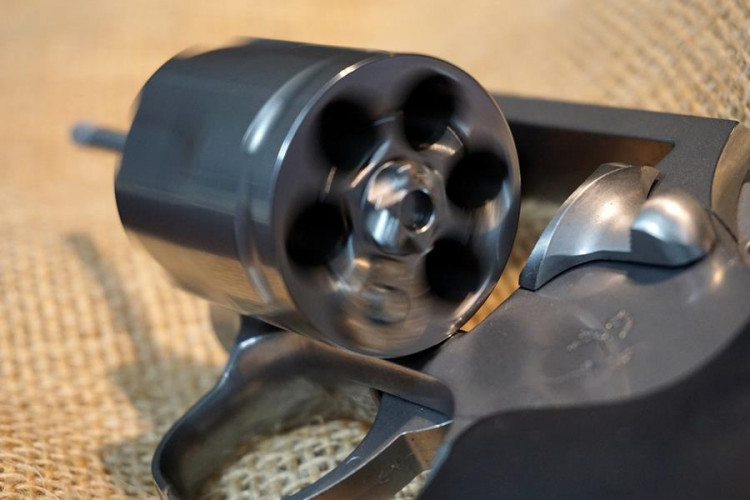On Tuesday, the Senate cleared the first obstacle to enacting a bipartisan measure aimed at keeping firearms out of the hands of dangerous individuals, agreeing to take up a compromise plan whose passage would break a years-long legislative impasse over federal legislation to combat gun violence.
While the plan falls short of the comprehensive gun control measures that Democrats have long advocated, its passage would be the most major change of the nation's firearms regulations in decades.
Democratic leaders placed the bill on a fast track on the generally lethargic Senate floor in the hopes that it will be passed by Saturday.
The 64-to-34 vote occurred just hours after Republicans and Democrats unveiled the legislation's text and after days of intense negotiations to iron out its particulars.
The 80-page bill, titled the Bipartisan Safer Communities Act, would strengthen background checks by allowing authorities up to 10 business days to review the juvenile and mental health records of gun purchasers younger than 21.
The 80-page bill, titled the Bipartisan Safer Communities Act, would strengthen background checks by allowing authorities up to 10 business days to review the juvenile and mental health records of gun purchasers younger than 21.
The legislation would also assure, for the first time, that serious dating partners are included in a federal statute that prohibits domestic abusers from obtaining firearms, a longstanding goal that has eluded gun safety campaigners for years.
Top leaders from both parties quickly backed the bill, indicating it had the backing to clear the 60-vote threshold needed to avoid a Republican filibuster that has previously thwarted similar legislation and pass within the next few days.
In addition to increasing school safety, the Senate agreed to contribute millions of dollars for strengthening mental health programs in communities and schools. In addition, the plan would increase the penalty for those who evade licensing rules or make illegal "straw purchases," buying and then selling firearms to prohibited buyers.
The bill was advanced by 14 Republicans, including Senator Mitch McConnell of Kentucky, the minority leader. Two Republican senators were unavailable; one of them, Pennsylvania Senator Patrick J. Toomey, issued a statement of support.
Legislation supporters anticipated to secure final Senate approval before the Fourth of July break, with the House expected to shortly follow.
The National Rifle Association expressed its opposition almost immediately, and the vast majority of Republican officeholders followed suit.






